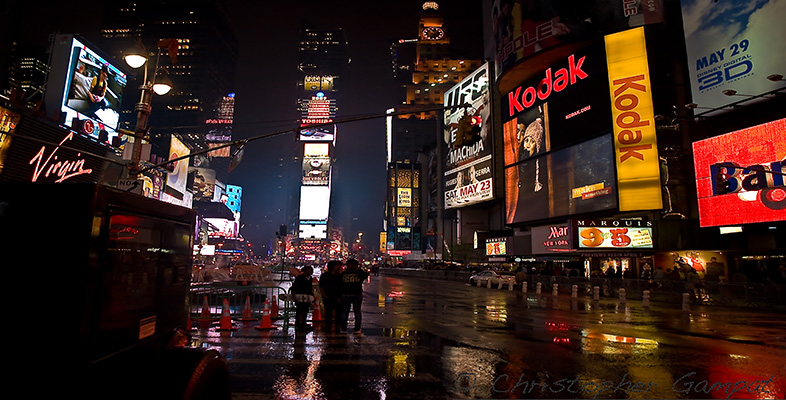3.3 The relevance of brands to organisations
Organisations may benefit from brands in different ways. Brands may be seen as important tools for connecting with the market but they are also a relevant managerial instrument. Using the example of Disney, the benefits of brands (Keller, 2008; Ellwood, 2002) for organisations can be summarised as:
- Connecting the organisation to the marketplace
Brands are a singular and unique differentiator of the organisation’s offering and constitute a powerful way to communicate with the marketplace. The unique meaning associated with a brand may instil certain customer responses such as loyalty and positive associations such as high quality or high performance. For example, the Disney brand instils customer loyalty and excitement.
- Driving the business
The brand and its purpose help to define the business. Many managers use brands to define their business and shape their activities. Ultimately the brand is a key strategic tool and asset through which the organisation can differentiate itself from competitors, resulting in increased competitive advantage and generating financial value. For example, quality, creativity and great storytelling are core drivers of the Disney brand.
- Shaping the internal culture
Deriving from the previous benefits, brands may help to shape the organisation’s culture and, ultimately, employees’ behaviours. Clearly specifying what the brand stands for and its proposition in the marketplace helps managers and employees undertake work that contributes to supporting the brand and the organisation. Working at Disney stands for excitement and creativeness.
- Attracting the best employees
Brands stimulate employee attraction and retention. Strong brands allow organisations to attract the best employees and retain them. People are proud to work in organisations associated with strong brands such as Disney.
- Leveraging business performance
Brands drive business performance since satisfied and loyal customers are more willing to pay a premium price for a trusted brand. Loyal customers also need less marketing expenditure and give positive word of mouth. Indeed, positive brand associations and customer loyalty are known to contribute to better levels of business performance. Ultimately customer loyalty impacts on sales and, consequently, on business survival. Disney benefits from a solid base of loyal consumers who continuously buy its products.
- Providing legal protection
Brands also offer an organisation legal protection over what it produces, through registered trademarks, patents and copyrights, and so contribute to the organisation’s competitive advantage. In product packages the trademark and the symbol ® are often seen. Some examples of Disney trademarks are Walt Disney World® Resort in Florida, Disneyland® Resort in California and Disney Cruise Line®.
